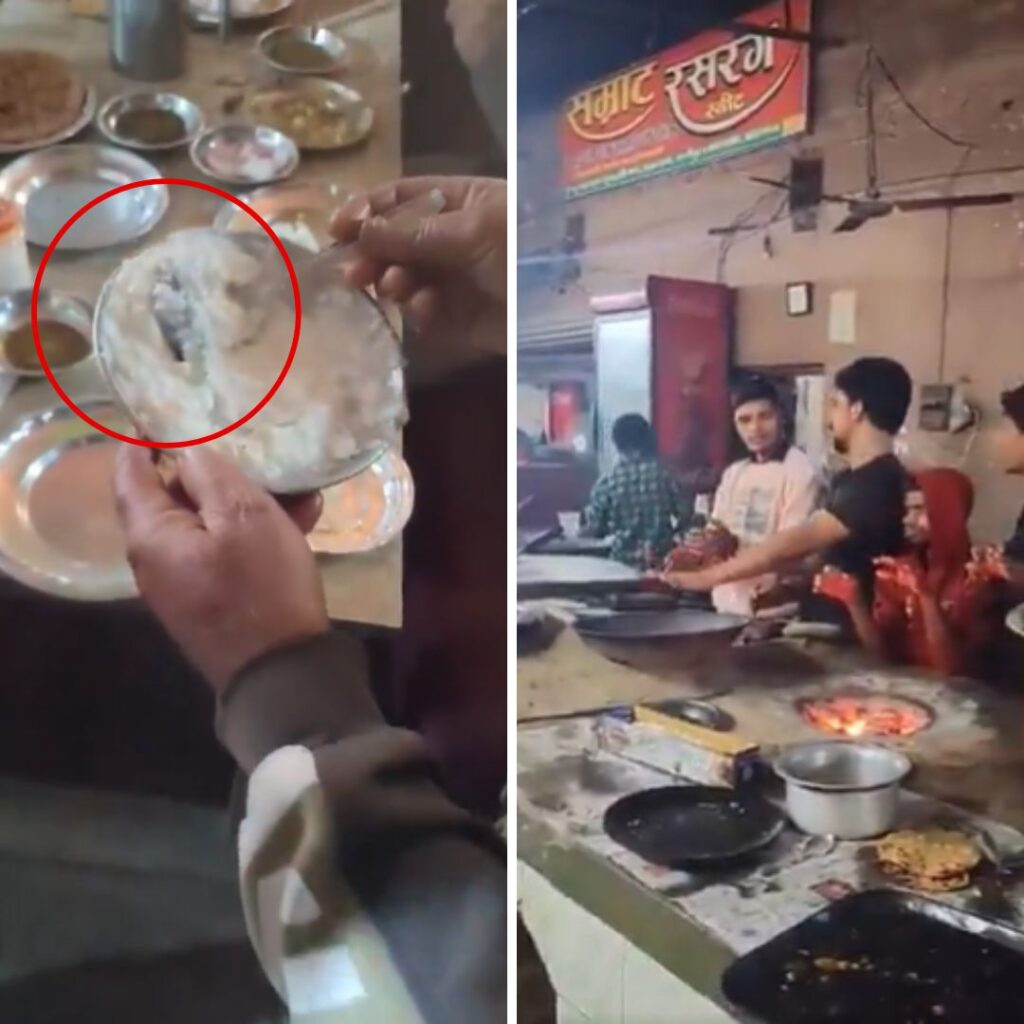The Union Ministry of Civil Aviation, on Tuesday, sounded alert at seven international airports as the race to contain the spread of Wuhan coronavirus or the 2019-nCoV continues.
Earlier, to ensure all-round safety, the Ministry of Health and Family Welfare (MoHFW) wrote to the Ministry of Civil Aviation to allow thermal screening of passengers arriving from China including Hong Kong at international airports situated in Bengaluru, Chennai, Cochin, Delhi, Hyderabad, Kolkata and Mumbai.
The Mumbai airport began thermal screening on January 17. So far no one has tested positive for the deadly virus.
Daily, about 170 to 180 passengers from China are being screened at the airport.
Thermal imaging scanners were also set at the Kempegowda International Airport, Bangalore, to screen passengers from Singapore, Hong Kong and Kuala Lumpur.
The Indian Ministry of Health and Family Welfare (MoHFW) has asserted that the National Institute of Virology in Pune is fully equipped to test samples of the novel coronavirus (nCoV) along with 10 other laboratories under the Indian Council of Medical Research’s Viral Research.
A 45-year-old Indian school teacher was one of the foreigners who contracted the virus while in China.
The MoHFW Secretary on Monday said that should the need arise, the Diagnostics Laboratories networks were also ready to deal with the situation, The Times of India reported.
The Ministry of External Affairs (MEA) has been asked by the MoHFW for details of travellers from Wuhan city who have sought a visa to travel to India, since December 31, 2019, and to counsel the applicants while issuing visa and E-Visa.
Further, they were instructed to provide daily details and to disseminate travel advisory in local languages to Indian Embassies in China and adjoining countries for wider circulation and passenger information.
A travel advisory was issued and put up on the Ministry’s website and circulated on social media.
As a safety measure, the Ministry of Civil Aviation (MoCA) gave instructions to the airlines to follow International Civil Aviation Organization (ICAO) guidelines for managing and notifying anybody reporting ill on flights originating from China and disembarking in India.
In-flight announcements are to be included for India-bound flights as well.
On December 31, 2019, the World Health Organisation (WHO) was informed of a cluster of cases of pneumonia of unknown cause detected in Wuhan City, Hubei Province of China. On January 20, 2020, it scheduled a meeting which is to be held in Geneva, Switzerland, later today. The UN body will decide if the outbreak of a new Chinese strain of coronavirus — cousin of the devastating SARS virus — is ‘a public health emergency of international concern.’
BREAKING: WHO Director-General @DrTedros will convene an Emergency Committee on the novel #coronavirus (2019-nCoV) under the International Health Regulations. The Committee will meet on Wednesday, 22 January 2020. pic.twitter.com/w3w7ZuoTeG
â World Health Organization (WHO) (@WHO) January 20, 2020
This could potentially be a significant declaration. It would mean that the WHO thinks immediate and coordinated international action may be needed to contain the deadly virus.
Latest reports say a case has been reported within the borders of the US – with an American citizen in Seattle receiving treatment.
The Centres for Disease Control (CDC), USA, has stated that the 30 years old man, from the town of Everett, has been admitted to the hospital. he was reportedly suffering from pneumonia last week.
The man had returned to the country on January 15 after travelling to Wuhan, this was two days before the US began deploying health officials at major airports to screen passengers arriving from that central Chinese city which is the suspected source of the outbreak.
The virus has claimed 9 lives and over 440 cases have been recorded in China. All of the deaths were reported in central Hubei province, where the virus first appeared in the city of Wuhan.
On Tuesday, the National Health Commission (NHC) of China upgraded the coronavirus to a Class B infectious disease, but said it would use the stricter control measures for a Class A disease to handle the outbreak, meaning any infection nationwide must be reported within two hours and monitored.
The virus has, from it’s suspected place of origin, South China Seafood Wholesale Market, Wuhan, spread to the Chinese cities of Beijing, Shanghai, Macau, United States of America, Japan, Taiwan, South Korea, Thailand, Hong Kong.
North Korea has reportedly closed off its borders to tourists, as a response to the outbreak.
What is Coronavirus?
Coronaviruses are a large group of viruses that can cause illnesses ranging from the common cold to Middle East Respiratory Syndrome (MERS) and Severe Acute Respiratory Syndrome (SARS).
How does it spread?
These viruses are zoonotic, meaning they can spread from animals to humans.
The 2019-nCoV, however, suspected to have spread from…











